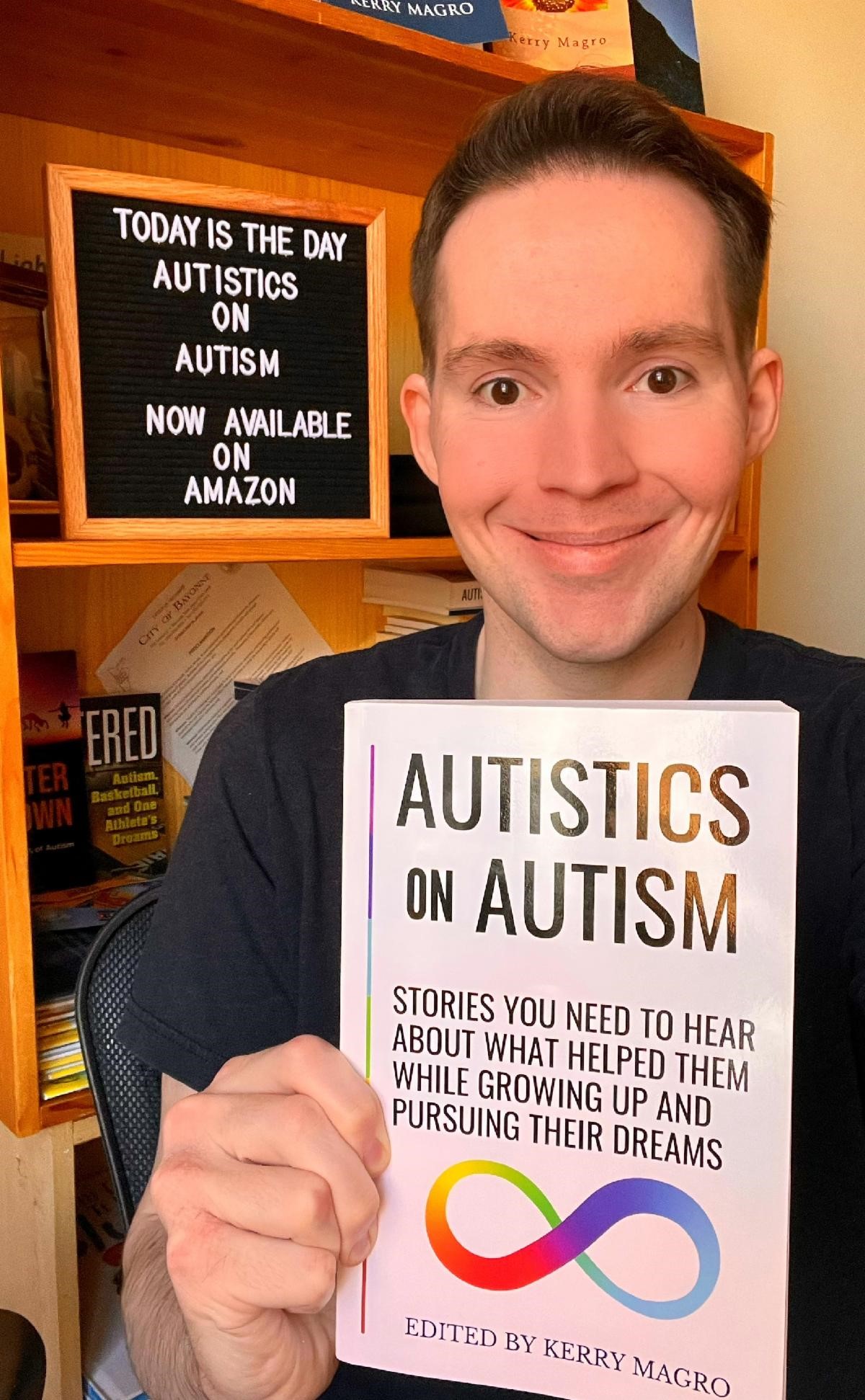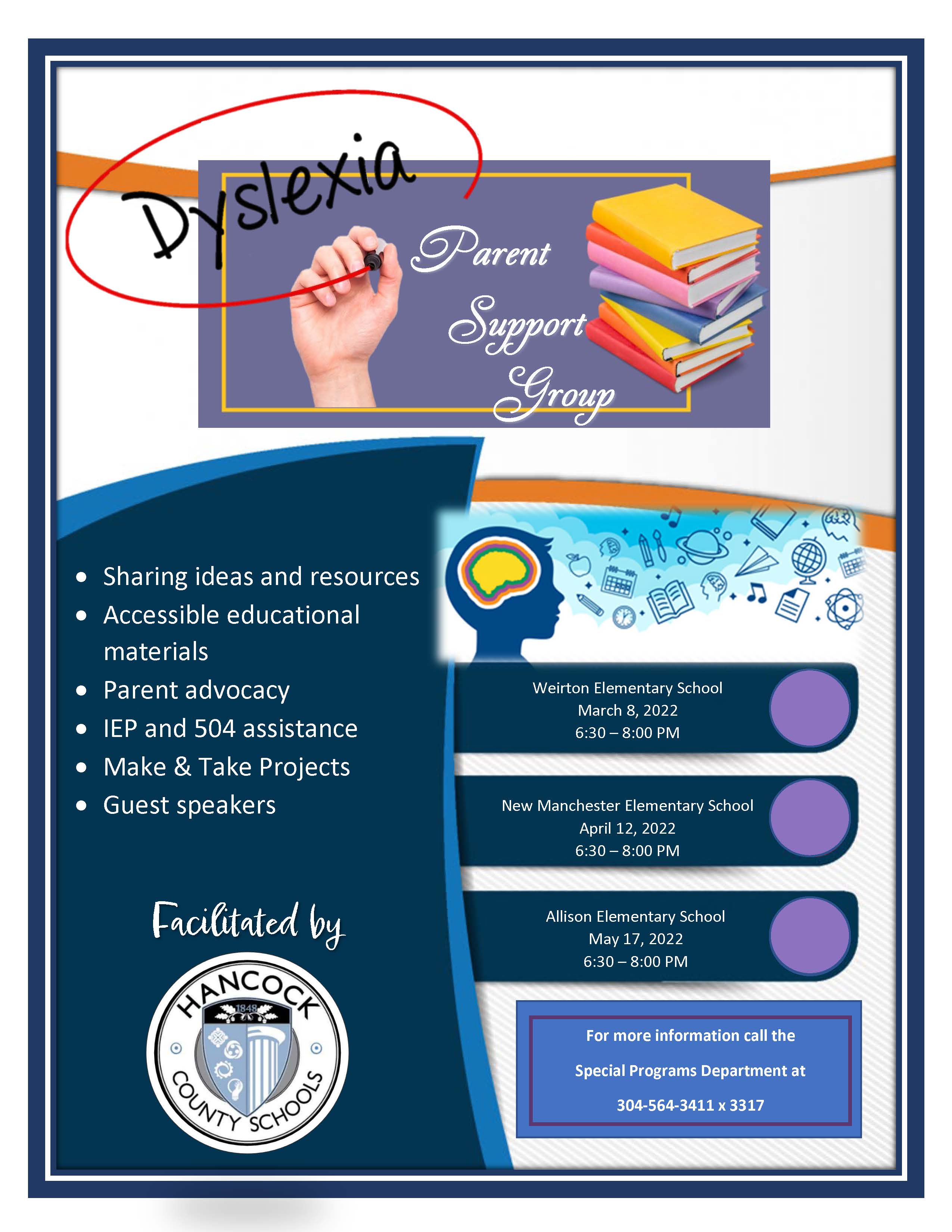Dr. Kerry Magro Releases New Book!

So today this happened. I'm so thrilled to announce that my new book 'Autistics on Autism: Stories You Need to Hear About What Helped Them While Growing Up and Pursuing Their Dreams" is out today on Amazon in Paperback and Kindle here.
While the popular image of autism is with children, Autistics on Autism, a tell-all compiled of 100 young adult autistic voices, will help you understand autism from the point of view of the next generation of leaders within our autism community.
More on the book: Autistics on Autism will share with you topics about autism: receiving the diagnosis, early intervention, overcoming obstacles, disclosure, acceptance, and what helped them succeed both in K-12 and college with a learning disability.
We invite you to enjoy their stories.
Thanks everyone! Your friend, Kerry

Special Education Eligibility
Individuals with Disabilities Education Act (IDEA) is the federal law that governs special education in schools. The IDEA states that to qualify for special education services, your child must have a disability based on IDEA guidelines. In addition, the impact of the disability must create a need for special education services.
A student may have a disability but not qualify for special education services. If a student does not meet the criteria for a disability, they will not be eligible to receive special education services. However, the school can still provide support with your input and help. There are many criteria schools must consider regarding requirements that make a student eligible for special education. Thus, a diagnosed disability from a medical or mental health professional does not automatically mean a student will qualify.
A school administrator or teacher can explain what to do if you disagree with eligibility findings. (See WV Procedural Safeguards and the WVDE Hand in Hand documents for additional information.)
504 Plans
A student who does not qualify for special education may be eligible for a 504 Plan. A 504 Plan is not covered under the IDEA. However, section 504 of the Rehabilitation Act of 1973 is a national civil rights law that protects qualified individuals from discrimination based on their disability. Under this law, individuals with disabilities are defined as people with a physical or mental impairment, limiting one or more major life activities. 504 Plans provide accommodations for students who have a disability to ensure that their education is not hindered because of their disability.
People who have a history of or who have a physical or mental impairment that substantially limits one or more major life activities are also covered. Major life activities include caring for oneself, walking, seeing, hearing, speaking, breathing, working, performing manual tasks, and learning. Some examples of impairments that may substantially limit major life activities, even with the help of medication, aids, or devices, are asthma, obesity, visual impairment, hearing impairment, diabetes, cancer, concussions, substance misuse, heart disease, cystic fibrosis, the effects of surgery, and mental illness.
Additional Supports
All WV schools incorporate various proven learning and behavioral interventions for any student having trouble at school. If these supports help, students may not need to be tested for special education. In addition, WV educators and other professionals like social workers, nurses, and behavior specialists are trained to try many different strategies and techniques to help students before they need special education services.
As soon as a student shows signs of needing help, anyone can refer the child to the Student Assistance Team (SAT). This team develops ideas and makes recommendations about ways to help the student in the school. The SAT includes administrators, teachers, school counselors, and other specialists. There is an SAT in every WV school. When more support is needed for a student, the SAT might invite parents, therapists, and others who have worked with the student to find solutions.
Parents are encouraged to contact their child’s school as soon as they notice that their child needs help. The sooner support is put in place for the child, the greater the chance of success at school.
Special Education
Ms. Erica Sauer
Director of Special Programs
esauer@k12.wv.us
304-564-3411 ex: 3323
Beverly Dawson
Secretary
bjdawson@k12.wv.us
Michelle Cope
School Psychologist
mcope@k12.wv.us
Levi Naylor
School Psychologist
lnaylor@k12.wv.us
Mary Ann Petrelle
Interventionist
mpetrell@k12.wv.us
Bea Cashdollar
Pre-k Itinerant Teacher
bcashdol@k12.wv.us
Bernie Wiley
Physical Therapy Assistant
bernadette.wiley@k12.wv.us




